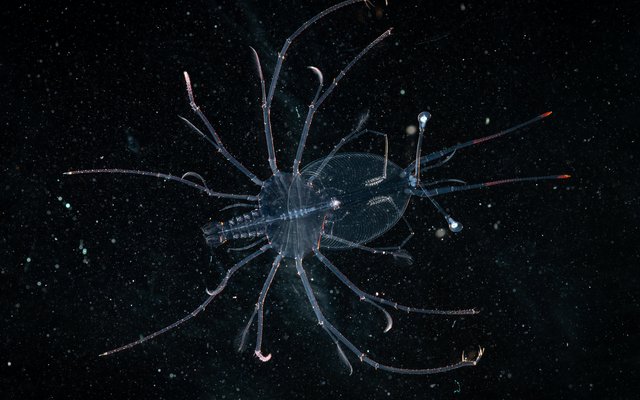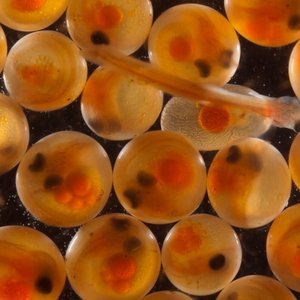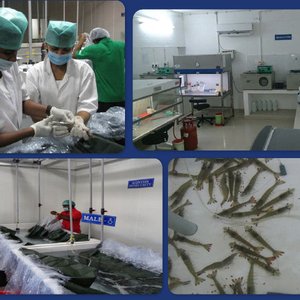Indonesia will start exporting seed lobsters after a previous ban, aimed at conserving the wild population of the crustacean, was lifted by the fisheries ministry. Minister Edhy Prabowo signed a decree allowing the resumption of exports of non-pigmented post-larval lobsters of the genus Panulirus. Edhy’s predecessor, Susi Pudjiastuti, had imposed the export ban in 2016 in an effort to replenish Indonesia’s lobster stocks.
After the ban, between January and October 2016, authorities reported smuggling cases involving 800,000 lobster larvae valued at 124.8 billion rupiah ($8.3 million), according to local news. The larvae are typically sold to buyers in Vietnam, Singapore and China, where they can be raised and sold at much higher prices.
Some observers suggest the decision to resume exports was influenced by business interests affiliated with foreign enterprises looking for a massive supply of lobster larvae. Exporting companies will have to develop the infrastructure to raise lobsters and release at least a two percent of the captive-born population back into the wild, and will only be allowed to export them through selected airports.
Lobster puerulus harvest for aquaculture
A recent study stated that these regulations, that removed access to pueruli and grow-out opportunities, have diminished the capacity of Indonesian lobster farmers to develop a sustainable grow-out industry. Although the new policies were introduced as a management intervention to protect adult lobster stocks, they have had the unintended consequence of preventing the development of lobster aquaculture while having no known benefit on the abundance of adult lobsters.
Researchers collected data on the puerulus available in Indonesia and found that the composition of puerulus fished consisted of two species, mainly Panulirus homarus and Palunurs ornatus. If used for aquaculture, the seed available can support an industry generating >12,500 tons of market size lobster and provide social and economic benefit to many thousands of households
Sustainable spiny lobster aquaculture industry is looming
Sustainable options for lobster seed are being developed. Ornatas Pty Ltd, a wholly-owned Tasmanian company, was established in 2018 expressly to create the world’s first tropical rock lobster (Panulirus ornatus) industry for Australian and international markets. The company plans an AU$10 million state-of-the-art hatchery and research center of excellence to be co-located with their research partners IMAS. The fully bio-secure hatchery is a scalable pilot facility designed for future expansion in QLD when full commercialization of the technology has been realized. The facility consists of broodstock quarantine systems for holding newly imported breeders and three broodstock production systems to give year-round supply of larvae into the hatchery. In full production, the facility will produce 500,000 juveniles per year.
The research that Ornatas is commercializing has been many years in the making - more than 20 years of spiny lobster propagation research by IMAS. Read more on the latest Hatchery Feed & Management magazine.













